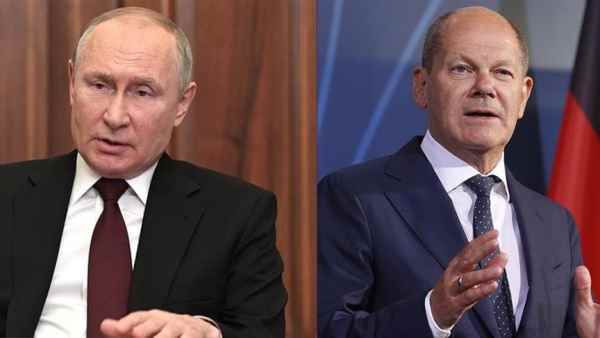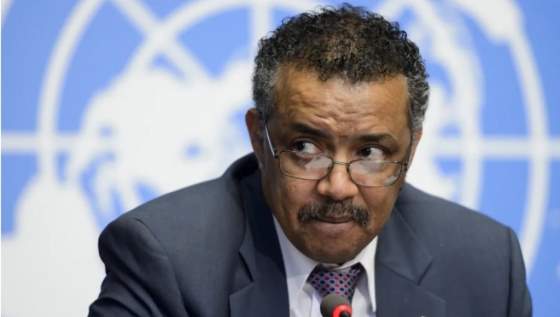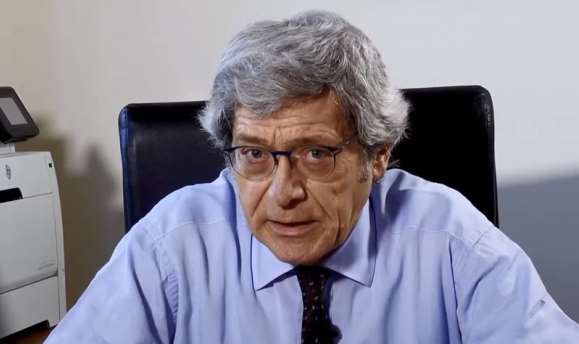Have governments become the 'enemies' of the people?
THAT question has crossed many minds, mine included. After much thought, my best answer would be "yes" and "no," as it depends on the context and perspective. There are countries whose governments genuinely serve their people, that effectively represent citizens' interests, protect rights and provide public services. There are governments, however, that are called out for being out of touch, corrupt or authoritarian, leading their people to feel that they only serve their elites or special interests rather than the common good.
Governments that are notorious for restricting freedoms, suppressing dissent, enrichment in office, breaking the law with impunity, and indulging in all kinds of corrupt practices bring their disillusioned and disgruntled citizens to their knees. Consequently, the intense focus on self-service and preserving their hold on power ends up polarizing their people, fueling distrust and anger and fostering a strong sense of resentment and opposition.
In countries where power is concentrated in the hands of autocrats, oligarchs or dynasties, syndicated crimes are committed with impunity in high and low places, and where the criminal justice system is either inept or biased in favor of the highest bidders, what can the people do to restore genuine democracy? Overcoming the hurdles requires strategic and multi-faceted approaches:
1) civic education and awareness
2) strengthening civil society
3) free and independent media
4) judicial and electoral reforms
5) political engagement and accountability
6) peaceful protest and nonviolent resistance
7) international support and advocacy
8) anti-corruption measures.
Ultimately, reclaiming democracy and restoring good government requires sustained efforts from an engaged and vigilant populace willing to demand reforms and resist oppressive systems. Long-term change often comes through a combination of legal, social, political and grassroots actions aimed at restoring justice and transparency.
But when the electoral system is controlled and manipulated by the powerful, and when political parties only offer "winnable" instead of "qualified" candidates who are simply rich and famous, like in our case in the Philippines, what should the people do to regain control of a seemingly hopeless situation? Let's flashback to humanity's rich history of protest and opposition against those who abused their stay in office and pushed the people to rise up in anger. What did they do then that produced positive results?
1. Mass nonviolent resistance. Nonviolent resistance has proven more effective and sustainable than violent uprisings in many contexts. Examples include Mahatma Gandhi's "civil disobedience" as his way of refusing to cooperate with injustice. There's our People Power Revolution in 1986 that peacefully ended the dictatorship. Such movements can mobilize broad segments of society, from students to workers, and undermine the legitimacy of the ruling elite.
2. Build stronger coalitions. Bringing together diverse sectors of society — youth, workers, farmers, religious, professionals — into a united front increases the power and visibility of resistance. It's a key strategy, for example, of the communist National Democratic Front to forge critical mass against the ruling political order. The Philippines' moderate opposition did the same to topple the dictatorship. Coalition-building is key to unifying different movements into a cohesive force for national transformation.
3. Use of technology and social media. Information control or censorship is a powerful tool of a rogue state. Technology provides a counterbalance. Social media, encrypted messaging apps, and other digital platforms can be used to organize, expose abuses, and mobilize protests.
Technology has proven difficult to fully control, and it can create pressure from within and outside the country.
4. Seek international pressure. When a succession of administrations exudes the same roguish characteristics, civil society groups could seek help from international organizations and foreign governments to impose diplomatic and economic pressure on corrupt regimes. Sanctions, public shaming and international advocacy can delegitimize such regimes on the global stage and weaken their ability to maintain control.
5. Strategic boycotts and civil disobedience. Coordinated boycotts of businesses controlled by corrupt elites and mass civil disobedience campaigns can be used to challenge the financial and political foundations of the regime. When economic pressure is applied from below, it can destabilize the grip of oligarchs and powerful political families, as their wealth and power are often built on maintaining the status quo.
6. Whistleblowing and exposure of corruption. Spotlighting corrupt regimes weakens them. Corrupt leaders are often vulnerable to exposure, as they rely on secrecy to continue their activities. Leaking documents, videos and data that reveal their manipulation of the electoral process, their wealth, or human rights abuses can erode their support from within, particularly from the military, police, or influential business elites.
7. Fostering internal divisions in the ruling class. Authoritarian or corrupt regimes are often held together by fragile alliances of power brokers. Identifying and fostering divisions within the ruling elite, between military factions, oligarchs, or political parties, can help weaken the regime's hold. Encouraging defections or turning some elements of the establishment against the leadership is an effective, non-violent strategy.
8. Preparation for long-term struggles. Overcoming a deeply entrenched and corrupt system is not a quick process. It requires moral courage and patience, persistence, and strategic planning. The long-term process of mobilizing civil society, building alliances, and continuously resisting corruption and repression eventually leads to peaceful transitions.
In some extreme cases, however, "extraordinary measures require extraordinary measures" take on a grim meaning — armed revolt. Even if there's sufficient justification for the moral use of force, the risks must be carefully weighed. Usually, armed revolts lead to unpredictable and destructive outcomes.
The risks include a) loss of civilian lives, b) prolonged instability, c) international isolation, and d) military rule.
Filipinos have a proud history of using people power to bring about regime change. We need to follow through on that legacy to reclaim our future and build a nation for our children. Though the challenges are immense when the system is rigged, and armed revolt is a tempting option, there's another clear and present danger to our national well-being from outside our shores that could prematurely push us into the abyss, cry "Havoc! and let slip the dogs of war."
Rafael M. Alunan III served as Secretary of Tourism under President Corazon Aquino and Secretary of Interior and Local Government under President Fidel V. Ramos.












